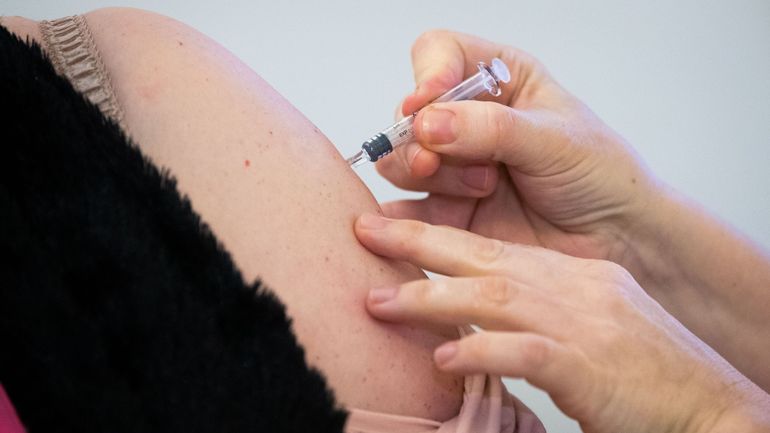The head of the EU’s law enforcement agency Europol has warned that organised crime will now attempt to use the campaign of vaccination against Covid-19 to carry out a campaign of vaccine fraud.
Speaking to the German media group Funke-Mediengruppe (Berliner Morgenpost) Catherine De Bolle, formerly chief of the federal police in Belgium, said, “We have already sent a warning to the Member States, calling on them to be very vigilant. There is a real risk that criminal groups are trying to exploit the need for vaccine for their crimes.”
The fraud may take one of two forms: either vaccines are ordered and paid for and then never delivered; or the vaccines on offer are fake.
The transporting of the one vaccine currently approved for use in the EU is highly ordered and carried out under top security, so criminals will find it difficult to lay their hands on the real thing – but that will not stop them from trying.
In the meantime, offers of vaccines for sale have already started appearing on social media.
If the fraud is simply failure to deliver, the only ill-effect is financial. The sale of fake vaccine is much more dangerous.
“If you become a victim of such fraud, it can of course have serious health consequences,” De Bolle warned.
During the first lockdown, thieves targetted face masks.
“This is now also a danger with the vaccine,” De Bolle said. “Europol is trying to identify possible hotspots at which there is a particularly high risk of criminal offences, and then warn the national authorities. There is also special police cooperation in the EU to protect the transports.”
The transport of the vaccines is organised in the first instance by the Limburg-based firm H. Essers, which has 600 refrigerated and secure trucks to bring the vaccines from the Pfizer factory in Puurs near Mechelen to the airports or distribution centres in each of the EU member states, according to the plans of each government.
From there, the shipments will be distributed to vaccination centres according to the member state’s own arrangements, including security provided by police and/or military.
Alan Hope
The Brussels Times

